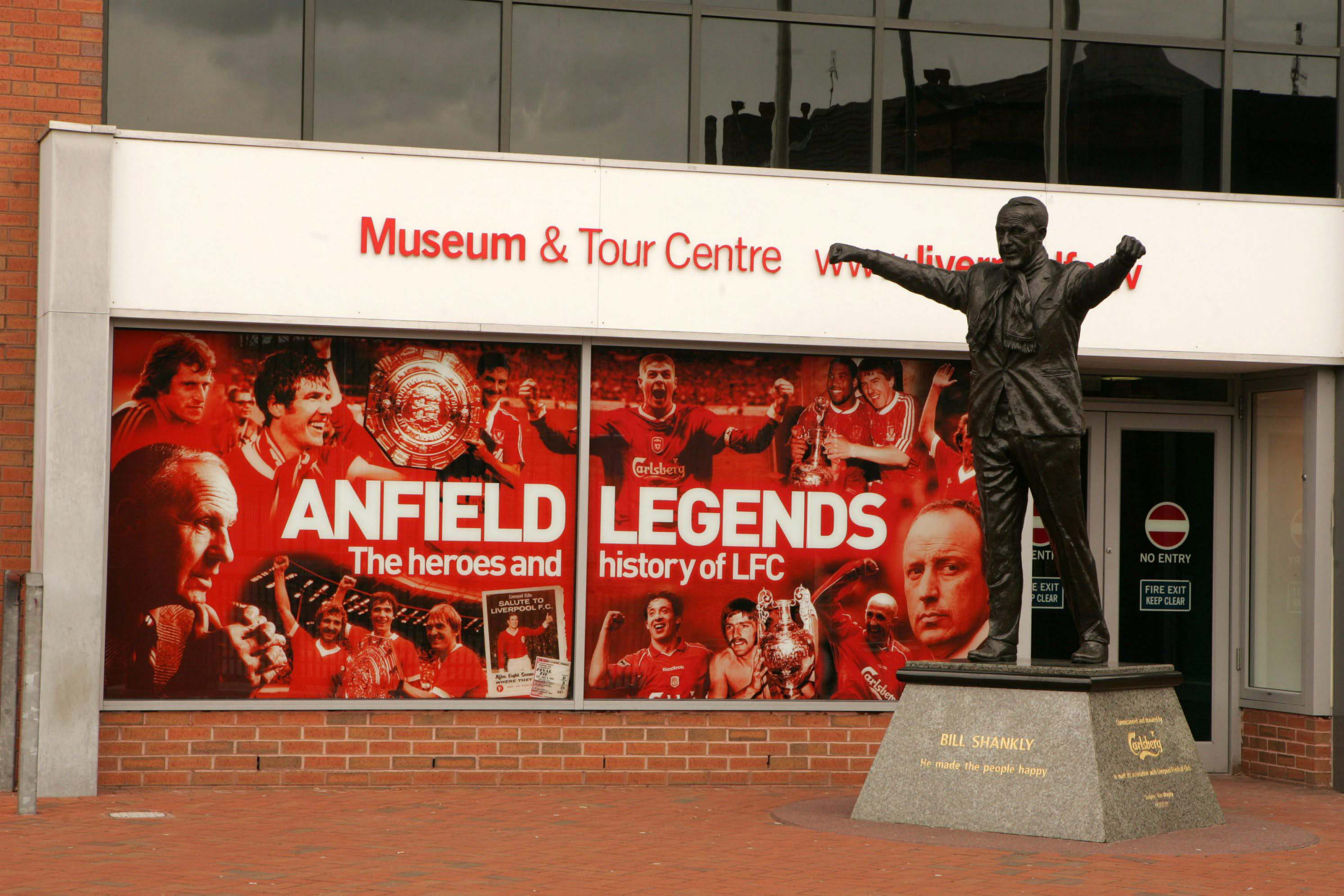'Red Or Dead" is a masterpiece. David Peace already has a considerable reputation but this massive, painstaking account of the career of Bill Shankly towers above his previous work. It's usual when praising a sports novel for critics to claim that "it's not really about baseball/running/beach volleyball — the sport is a metaphor." Make no mistake, this book is about football. Unremittingly, uncompromisingly about football. It's what Shankly would have wanted. For Shankly, ephemera such as life, love and death could be metaphors for football, never the other way round. Football was the thing itself.
"Red Or Dead" tells the story of how an unambitous, conservative board of directors, concerned only with ensuring a profit clicked through the turnstiles, inadvertently hired a charismatic, visionary socialist who revolutionized the game and would like to have revolutionized the nation. Inexplicably — maybe he was bluffing — Shankly tendered his resignation in 1974 while still only 60, and at the height of his success. On YouTube you can find a clip of the young reporter Tony Wilson breaking the news to passersby in Liverpool. They're disbelieving and heartbroken. The board too were disbelieving — in the sense that they couldn't believe their luck. In retirement Shankly was cast aside, made more welcome at the Goodison Park home of neighbors Everton than at Anfield. He had no role in the future of the club he created. The phone never stopped ringing but it was never the call he hoped for. Peace gives the rejection of Shankly a Shakespearean grandeur. There are echoes of Coriolanus and Lear but also of the experience of every Premier League fan. For of all the forms of love there are in this world there is none so cruelly, gleefully unrequited as the love of a fan for a Premier League club. Fans will go to the grave decked in club scarves, the club anthem their eternal ringtone. Clubs reciprocate that love in ways that make Enron look like the Salvation Army. The Premier League is not a metaphor of a dysfunctional society, it is its fullest expression — a grotesquely overpaid, underperforming elite utterly disconnected from the communities from which its clubs take their names.

















With your current subscription plan you can comment on stories. However, before writing your first comment, please create a display name in the Profile section of your subscriber account page.